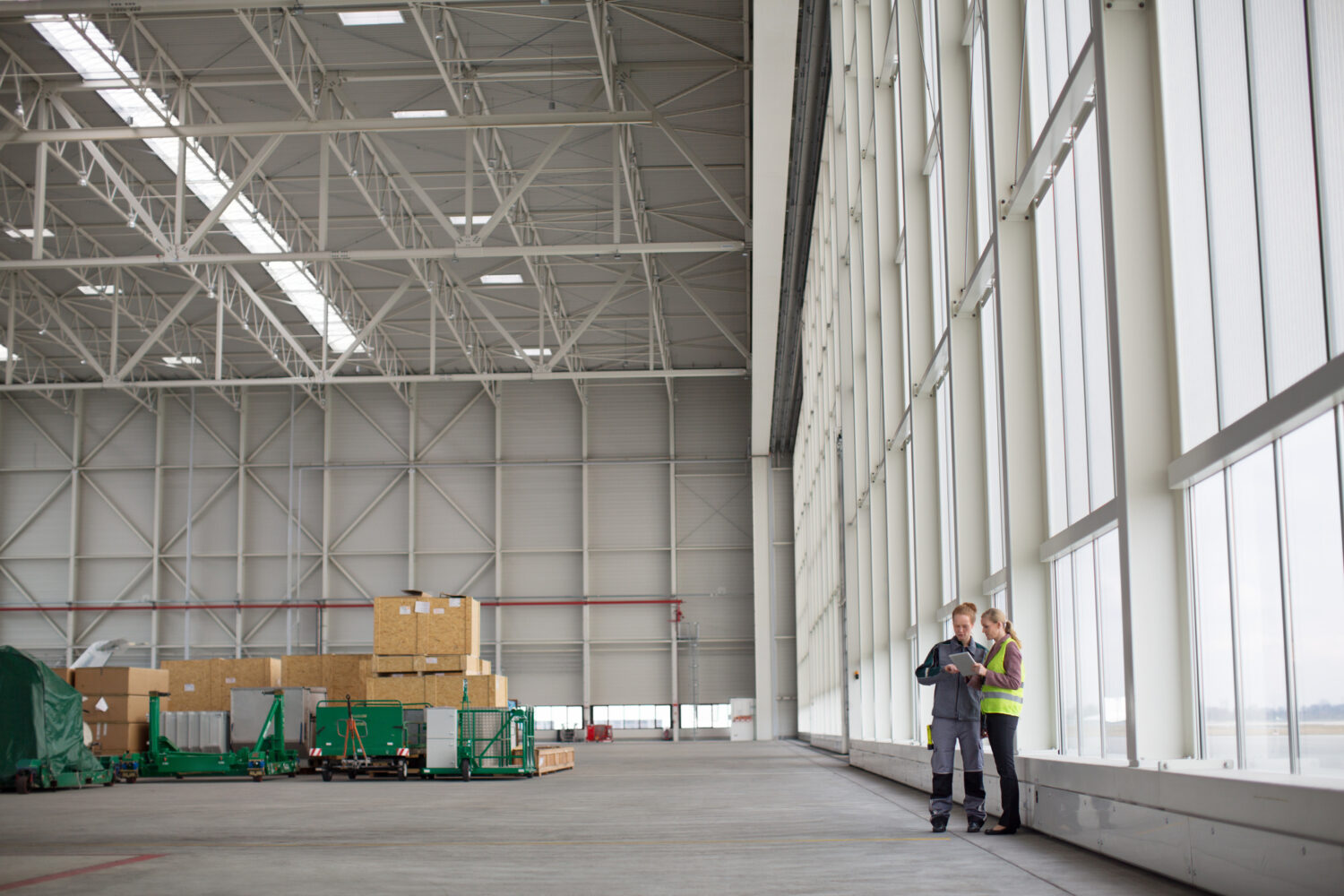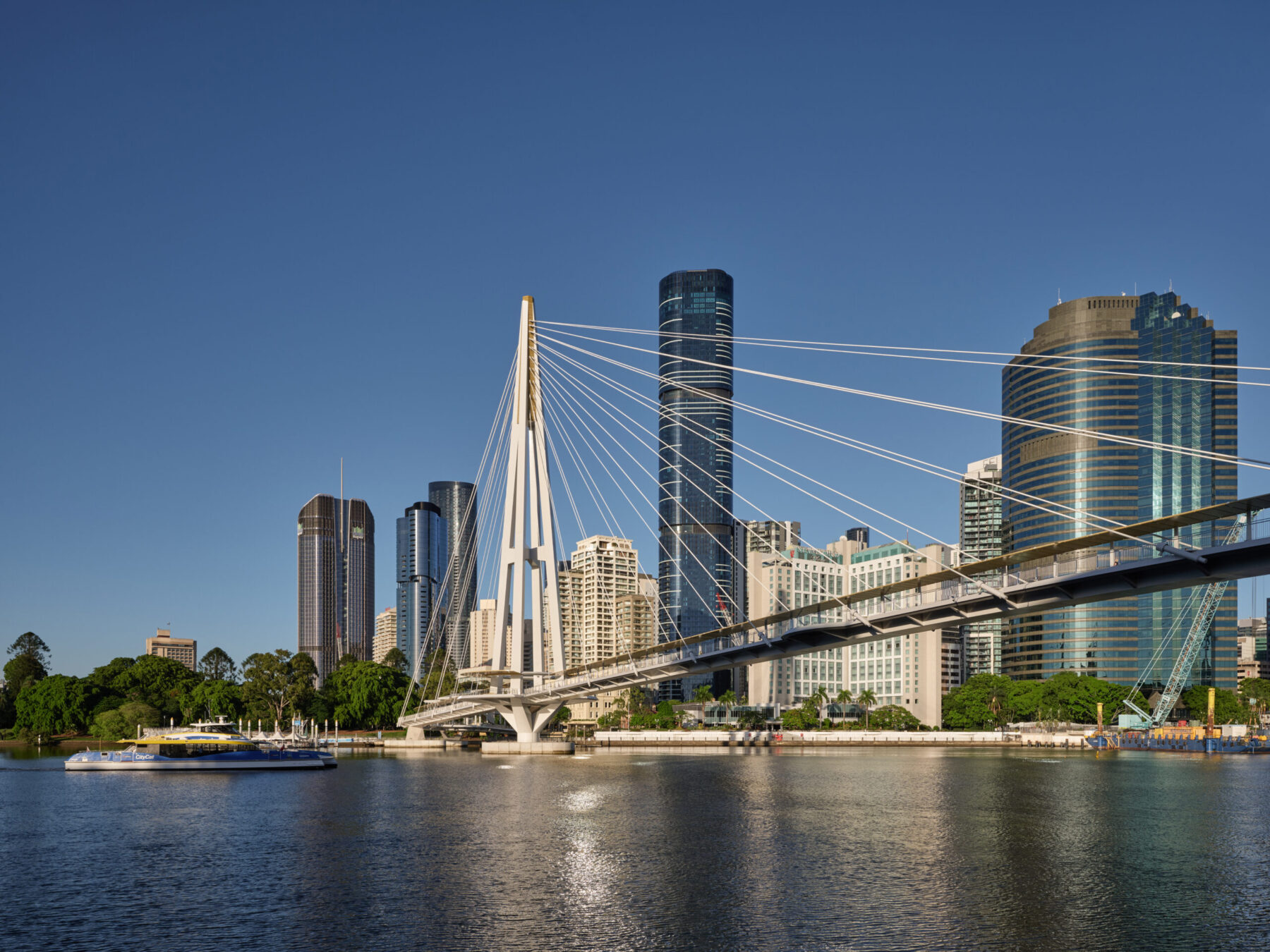Dexus released their 6 monthly results today, showing a -5.6% reduction in earnings and a -55% reduction in net profit as the pandemic lets the wind out of their sails.
Dexus’s net profit after tax was $442.9 million, a decrease of $551.3 million or -55.5% from the previous corresponding period. The reduction in net profit was primarily driven by net revaluation gains of investment properties of $160.8 million, which were $563.6 million lower than the previous corresponding period.
Underlying Funds from Operations (FFO) per security of 30.1 cents, which excludes trading profits, reduced by -5.6% as a result of the impact of rent relief provided, divestments including the second tranche of the Dexus Australian Logistics Trust (DALT) portfolio, and a reduction in the contribution from management operations.
Dexus Chief Executive Officer, Darren Steinberg said: “Despite the widespread impact of the pandemic, the first half of FY21 has been characterised by increased leasing activity, relatively strong rent collections, initiatives to grow our funds management business and the selective recycling of assets. Our high quality portfolio, the strength of investment demand for quality assets, and our platform capabilities will enable us to drive performance in this next stage of the real estate cycle.”
Highlights
- Net profit after tax of $442.9 million down -55.5% primarily due to lower net revaluation gains
- Adjusted Funds from Operations (AFFO) and Distribution of 28.8 cents per security, up 7.1% and 6.7%
- Rent collections were at 96.0% for the Dexus portfolio in the six months to 31 December 2020
- Gearing (look-through) at 24.9%
- Dexus Healthcare Wholesale Property Fund (HWPF) one-year return of 15.3%
- Launched the marketing of unlisted opportunity fund, Dexus Real Estate Partnership 1 (DREP1)
- Raised circa $287 million of equity for existing unlisted funds
- High occupancy of 96.0% for the Dexus office portfolio and 95.5% for the Dexus industrial portfolio
- Completed $248 million of developments
- Progressed planning for city-shaping projects in the group’s $11.4 billion development pipeline
- Realised $47.1 million of trading profits (post tax) in HY21 while contracting future trading profits
Office Sector
Dexus are believers in the “return to the office” theory and continue to look to the traditional signals for increasing demand for office space. ie
- Business conditions were at their highest level since 2018 in the December 2020 NAB Business Survey
- Professional job advertisements, an indicator of corporate hiring intentions, are up 31% since June 2020, and
- Employment in white collar industries has grown by 2.5% over the past 12 months.
Executive General Manager, Office, Kevin George said: “In an environment where global economies are still in lockdown, we are seeing activity levels increasing in Australian cities with people returning to CBDs and our buildings. The commentary on working from home versus the office continues, but the impact on both near term and longer-term leasing demand is still not clear. Increased flexibility for employees was a
pre-pandemic trend that has now accelerated. We’ve however had a busy six-month period of leasing and our experience across those deals completed shows the office footprint is substantially unchanged.
Dexus have not (or are not able to) reveal how much of their floor space is in use by tenants, again relying on the traditional measure of office occupancy (ie space secured by a lease) with occupancy at 96.0% (up from 95.4% at 30 September 2020. Customer traffic into and out of the buildings may be a better measure of the demand and use for office assets (as is measured by Shopping Centres).
Dexus have anticipated the move to a more flexible workspace and attempted to position products and leasing arrangements to meet the needs of a flexible workforce, however the pandemic has accelerated the move well above expectations.
Dexus do admit that the Melbourne office market will be challenging over the short term.
Face rents remain largely unchanged in the core CBD markets; however effective rents are under pressure as incentives continue to increase. Dexus expects incentives to moderate in some markets over the next 12 months due to better than expected market occupancy levels and strength of key leading indicators.
The Office portfolio grew 0.2% in value due predominantly to rental increases up 1.5% on a like for like basis. The Dexus office portfolio delivered a one-year investment return of 3.6% at 31 December 2020.
Industrial Sector
Industrial portfolio like-for-like income growth was +1.0% (FY20: +0.1%) excluding the impact of rent relief measures and provisions for expected credit losses (including these impacts: HY21 -1.0% and FY20 +2.1%).
The Office portfolio grew 4.8% in value due predominantly to cap rate compression (which firmed by 30bps to 5.36%). As a results, the industrial portfolio delivered a one-year return of 12.8% to 31 December 2020 and outperformed its benchmark over the three and five-year time periods to 30 September 2020.
Executive General Manager, Industrial, Retail and Healthcare Stewart Hutcheon said: “Tenant demand for high quality logistics facilities in precincts that are well located near major transport hubs, continues to
drive leasing success across our industrial portfolio. We are working closely with our industrial customers to support their growth across Australia.”
Developments
Dexus’s group development pipeline now stands at $11.4 billion, of which $5.8 billion sits within the Dexus portfolio and $5.6 billion within third party funds.
Chief Investment Officer, Ross Du Vernet said: “During the period, $536 million of projects were added to our group committed development pipeline including the acquisition of the Australian Bragg Centre and the
Ford Facility at Merrifield Business Park, and increasing the scale of existing industrial development projects underway, including the Amazon facility at the Horizon 3023 Estate at Ravenhall. We also made further progress across our city shaping developments, receiving DA approval for Waterfront Brisbane and progressing through Stage 3 of the USP at Central Place Sydney. We have the flexibility to activate these projects at the right time, subject to a level of tenant pre-commitment.”
In the current environment, Dexus has reduced risk relating to the uncommitted city shaping developments because the existing assets on these sites are currently income producing and the majority are owned in
partnership with third party capital partners, enabling Dexus to progress planning and enhance the optionality of these projects.
Transactions and trading
Dexus had an active start to trading assets in FY21, announcing $2.8 billion of contracted transactions across the group, including acquisitions and divestments in the six months to 31 December 2020.
These transactions included the sale of 45 Clarence Street, Sydney realising
$530 million, the sale of 60 Miller Street, North Sydney and a 50% interest in Grosvenor Place, Sydney in which Dexus holds a 37.5% interest (including Dexus’s 25% direct interest and the Dexus Office Partnership 12.5% interest).
As at the end of December the group managed $32bn of assets under management.

Summary
Darren Steinberg said: “The pandemic has reinforced the importance of having a diversified business model and strategy that can deliver through the cycle, demonstrated by our strong cash flow and resilient asset values. Our agile and high performing workforce will take advantage of the changed market conditions by focusing on strategic initiatives that will help us unlock the relative value of our business and strengthen the platform for the future.
“These strategic initiatives include increasing the resilience of portfolio income streams, expanding and diversifying the funds management business and progressing the group development pipeline.
“In the year ahead, this will see us continue to implement active leasing strategies to maximise office portfolio cash flow generation, increase weightings toward sectors with strong tailwinds and expand our flexible workspace offering. We will also look to make changes to simplify the corporate structure of the group.”
“Questions remain on the impacts of working from home on the office sector, however we are confident that the office will remain a core part of our customers’ needs and have been preparing for increased flexibility for many years.”
Our Views
Listed groups like Dexus ought to be far more proactive in encouraging their tenant workforce back to the office. Dexus have a lot at stake in their investment assets and cannot afford for the tenant base to not want their office space.
Dexus appear to be relying on old metrics to assess tenant demand and should take a leaf out of their Shopping Centre colleagues and start to employ traffic counters to measure the return to the office and then engage marketing strategies to bring back staff.
Dexus have to be applauded for off loading a number of high quality office assets to reduce their exposure and to recycle capital into other development opportunities which will deliver higher returns.
Dexus’ NTA is at $10.96 and the trust is currently trading at 8.54, a 22% discount to NTA. In an effort to close this gap, Dexus have been re-purchasing securities but have made no reference to how far they intend to go with this strategy.



